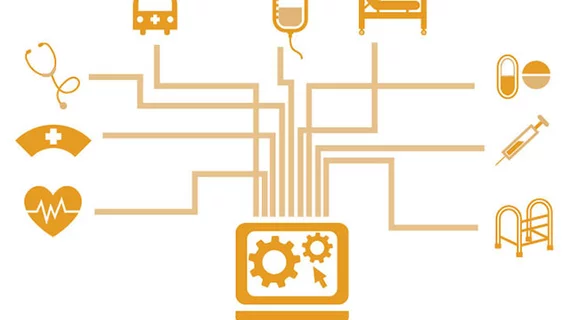Mental health patients like having access to EMRs, clinical notes
Patients with mental health conditions had positive perceptions about electronic medical records (EMRs) and physician clinical notes after being given full access to their records, according to a study published in the Annals of Family Medicine.
Throughout the last 10 years, EMRs and clinical notes have become more accessible to patients, with some evidence suggesting the access helps patients become more engaged and confident with their doctors. Despite the benefits, rsome clinicians and doctors have concerns about sharing clinic notes with mental health patients due to safety reasons.
In the study, a research team compared the perceptions patients with and without a mental health diagnosis had about EMRs after receiving full access to clinical notes through secure online portals. The team used data from an original OpenNotes study, which provided patients full access to their EMRs and clinical notes from multiple healthcare systems.
The patients were then asked to complete a survey on their thoughts using EMRs. The survey was completed by 2,534 total patients—400 patients had a mental health diagnosis, while 2,134 patients did not. According to the results, patients with mental health conditions enjoyed having access to their records.
“Compared with patients without mental health diagnoses, primary care patients with mental health diagnoses were similarly enthusiastic about the utility of reading their doctors’ notes online,” the study said.
The research team also suggested access to EMRs may increase communication and trust between doctors and mental health patients.
“Giving patients with mental illness access to their clinic notes may help them engage more actively in their treatment. Additionally, opportunities for improved communication between patient and care provider may enhance trust, which is particularly important given the stigma surrounding mental illness,” the study said.
“Providing patient access to notes could also stimulate clinicians to craft notes that are nonjudgmental, another step in strengthening the patient-doctor relationship.”

